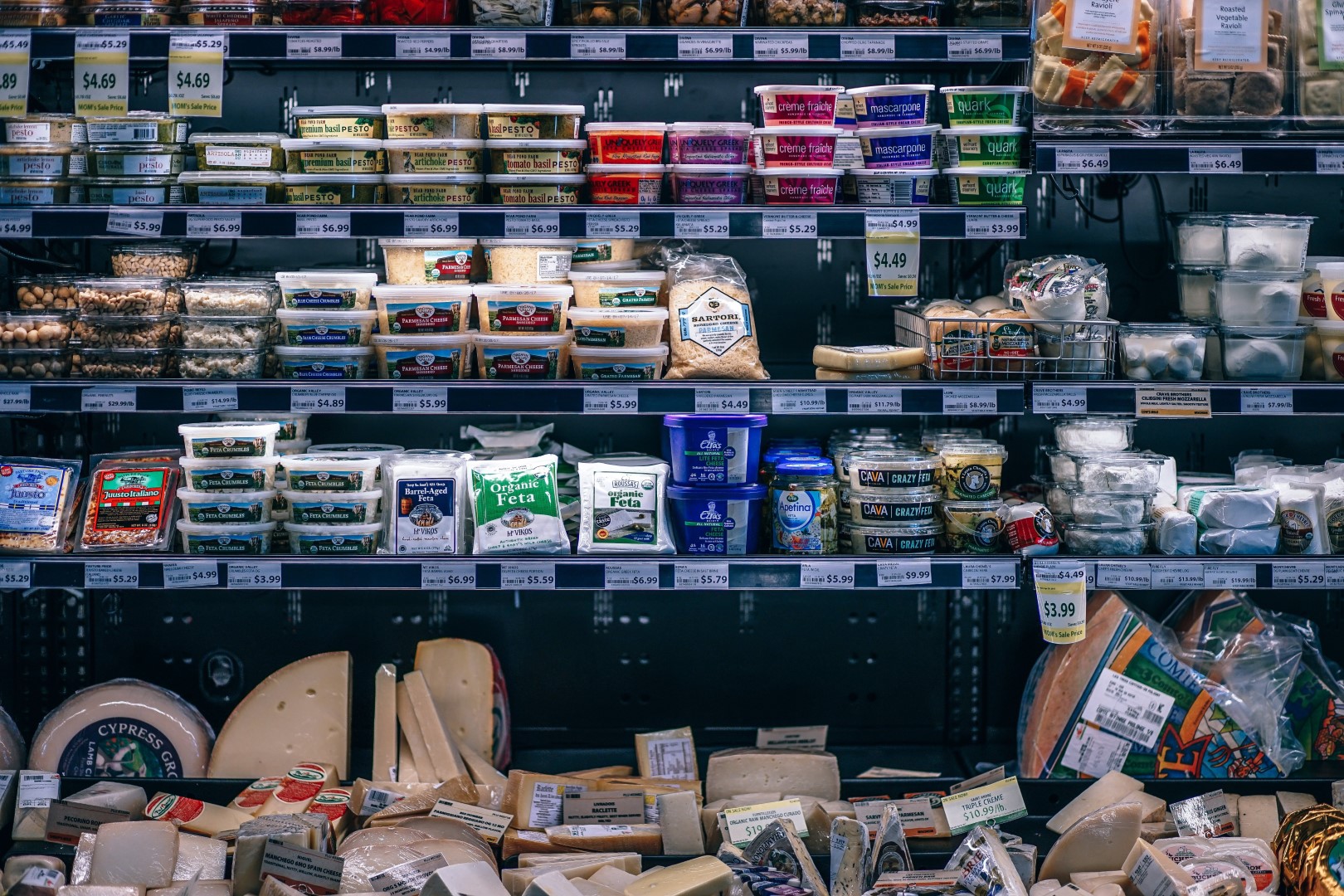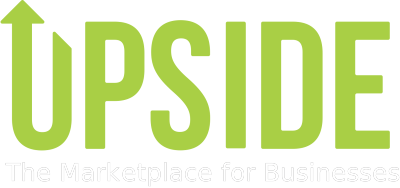
Should A Supermarket Buyer Pay For Outdated or Unsaleable Stock When Purchasing The Business?
Should A Supermarket Buyer Pay For Outdated or Unsaleable Stock When Purchasing The Business?
It is important when signing an agreement to purchase a business that you know exactly what you are getting. In most cases businesses will sell at a price +SAV (Stock at Value). It is important to understand that the price paid for stock is not what the product will sell for, but rather, it is the cost of the product (the cost price). When buying a supermarket, it is important to set the parameters for the stocktake process to ensure that the stock you are buying is still in a saleable condition. That is: in date and properly packaged. The “Rule of Thumb” for “use by” codes from date of stocktake is 30 days for grocery and frozen items, and 7 days for perishable items such as dairy and bread/bakery products. This is either determined by the company performing the stocktake, or an agreement between the two parties at the time of stocktake. Be aware that if you sign an agreement that is a WIWO (Walk in Walk out) price, then you run the risk of buying stock that is unsaleable. This is a risk for the purchaser as the seller has no responsibility for ensuring the stock is sellable, and the seller may reduce stock levels which ultimately affect the trading ability of the business. Because of this, (for added piece of mind) we recommend that it is best when buying a business that you buy it with + SAV in mind. Do you have any questions we can help you with? Don’t hesitate to contact a member of our friendly Business Broker team. David Zampech Supermarket Specialist



